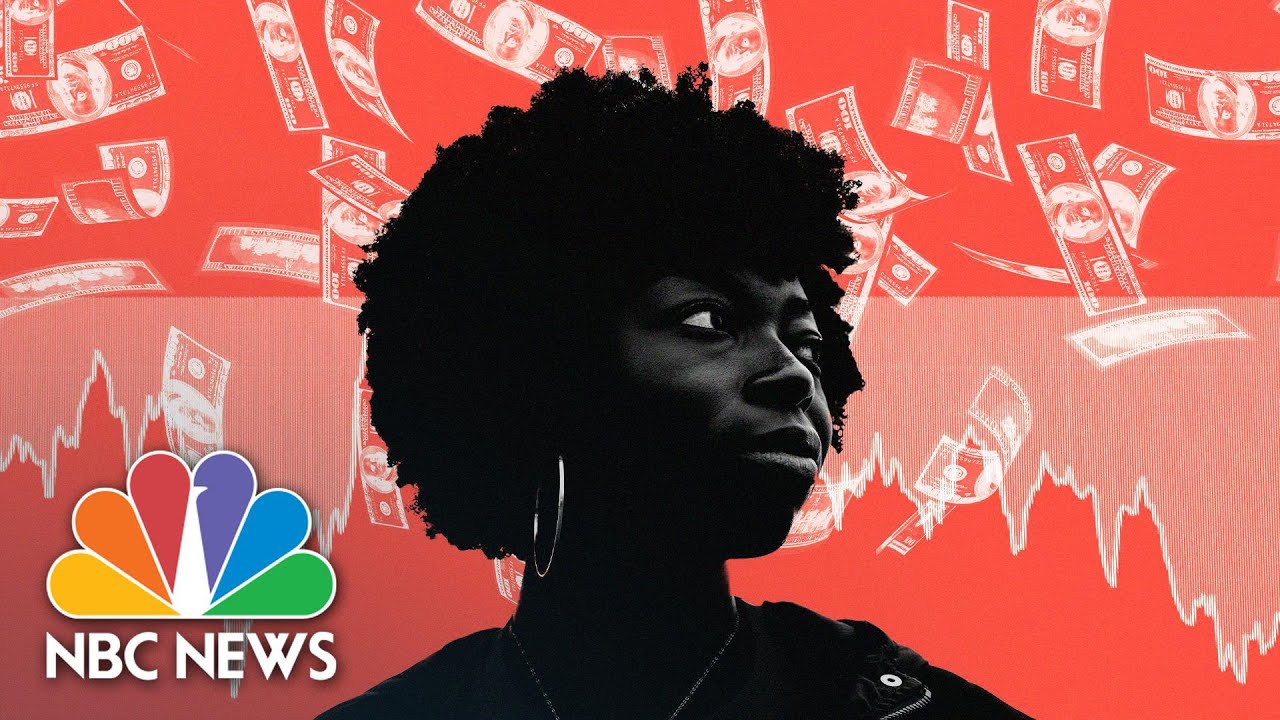1968: THE YEAR THAT SHAPED A GENERATION
This week, I looked at a 1998 documentary on the plight of a generation born into a year that would ultimately shape it for years to come, titled: 1968: The Year That Shaped a Generation. During a time of immense political and social unrest on a global scale, which saw events such as (but not limited to) the “Tet Offensive in Vietnam, the assassinations of Martin Luther King, Jr. and Robert Kennedy, the ‘police riot’ at the Democratic National Convention in Chicago, a near revolution in France, and the Soviet invasion of Czechoslovakia,” the film offered a detailed glimpse into the past and provided an insight on the significance of this year and the time period and how it impacted and influenced the generation that lived through it.

The documentary combined archival footage with interviews from those that lived through the time and witnessed these “pivotal events.” While the subject matter of the documentary itself is one of great turmoil, it also offers a sense of hope through this intergenerational change brought on after 1968 that would forever influence the history of the United States and beyond.
What I found especially intriguing about this documentary, and something that will help me in the development of my own project, is the use of archival footage paired with interviews in this film to convey a particular emotion or set the scene of a certain moment in time. After viewing this piece, I would like to incorporate archival footage and/or stock footage in certain portions of my documentary, especially when covering intergenerational conflicts and disconnects—comparing preceding generations to that of today’s Gen Zers and Millennials. I also appreciate the style of narration throughout the piece paired with the cut-ins of interviews and would like my project to mirror this general structure.
Millennials: The Unluckiest Generation In Modern History?
The next film I selected to watch was a short NBC News documentary/information piece on Millennials, titled: Millennials: The Unluckiest Generation In Modern History? published in July 2020. It showed how the plight of millennials in the world of worsening economic trends and poor timing has turned them into the new “Lost Generation,” referencing the post-WWI generation of those that were in their early adulthood during this time. Now with economic impacts and downturns such as The Great Recession and most recently, COVID-19, from which the nation still hasn’t fully recovered, they are being compared to the misfortunes of this past generation.

One convention of this film that I found to be particularly engaging was its introduction of graphics including diagrams, graphs, and visual aids to illustrate statistics in a more digestible form for the viewer. Some of this was actually archival statistics which had an especially interesting look visually when paired with newer clips and data. This is ultimately something that I would like to implement during the editing process of my own documentary. There should also never be a time when I’m talking in the form of voice-over narration and there is no graphic or B-roll paired with it, illustrating what I’m saying. My aim is to always maintain the viewers’ attention and keep them engaged, even through the more statistical and informational-heavy portions of the piece, and to accomplish this, I must implement more of these visually appealing graphics. I’d like to even take them a step further than that of the documentary I viewed by adding animation to my graphics, bringing them to life and making them even more engaging and captivating.
CITATIONS
NBC News. (2020). Millennials: The Unluckiest Generation In Modern History?
Oregon Public Television. (1998). 1968: The year that shaped a generation. The United States.
